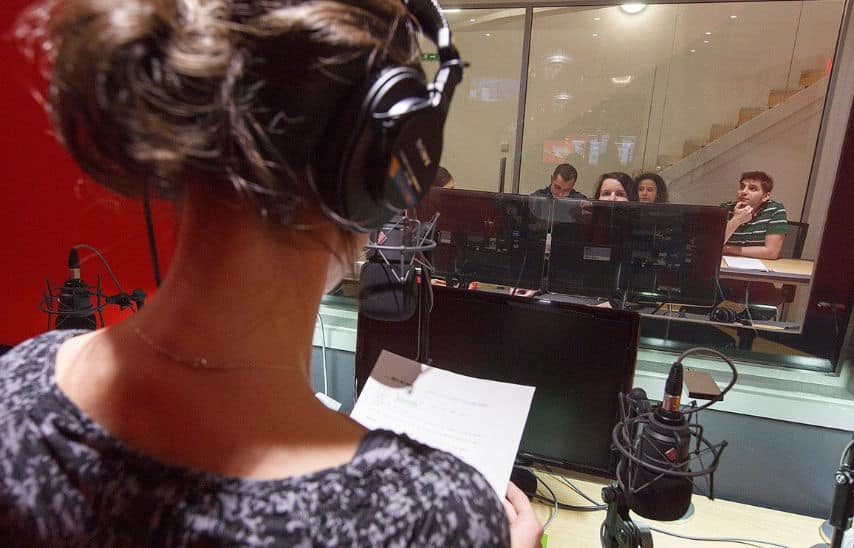Language Localisation - Blog
Adapting audio and video content to foreign markets since 2008.
Find inspiring stories about our professional audio and video localisation services in over 600 languages, including voice-over, subtitling, translation, and transcription services.
Our blog provides valuable insights and tips on how to choose the right provider, ensure high-quality output, and maximize the impact of your audiovisual content. Whether you’re a producer, filmmaker, marketer, or work in a translation company or simply need to adapt your content to reach foreign markets, our expert advice will help you deliver your message to a global audience with clarity and impact. Explore our blog today and discover the power of professional voice-over, subtitling, and audiovisual translation services.
Also, meet the talent behind the texts and voices of GoLocalise, real human linguists and language professionals, no automated software, no machines! Don’t forget to check our latest case studies.
Categories:
More
January 9, 2025
December 5, 2024
November 10, 2024
October 2, 2024
December 31, 2023

















